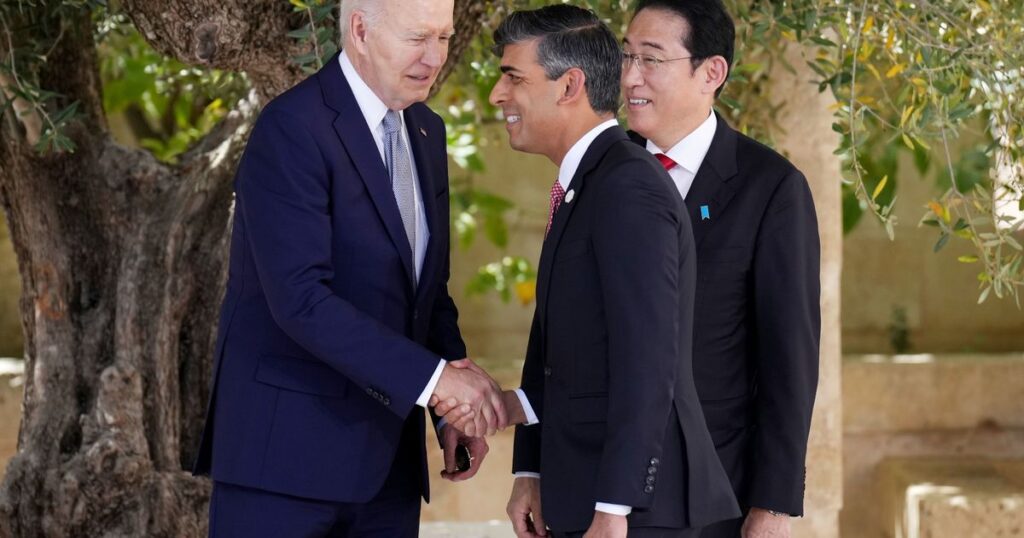UK Chancellor of the Exchequer, Rishi Sunak, has declared a major offensive against Russia’s so-called ‘shadow ships’. These vessels, which operate clandestinely, supply significant financial resources to support President Vladimir Putin’s invasion of Ukraine. The objective of the British initiative is to debilitate Russia’s war economy by imposing sanctions on these covert maritime operations.
Shadow shipping, a fleet of tankers that engage in covert trade, emerged post imposition of sanctions by Western nations on Russia. These vessels have either dubious or indistinct ownership to circumvent the enforcement of sanctions and facilitate the global trade of Russian oil. This indirect and covert method has become a crucial source of financing for the Kremlin’s military actions in Ukraine.
The Kremlin’s 2023 tax collection on oil production amounted to 8.9 trillion rubles or 31% of Russia’s total federal revenues, according to the UK Government. This underscores the significance of the contribution of the oil sector to the country’s finances.
Sunak’s announcement aligns with strategic discussions held during the recent G7 summit in Puglia, Italy, with the intent to undermine Russia’s ability to sustain prolonged conflict. A fervent supporter of Ukraine’s quest for independence, Sunak stressed on the necessity of escalated economic pressure on Russia through intensified sanctions.
Complementing the crackdown on the shadow shipping industry, the UK has also rolled out 50 new sanctions, aimed at impeding Russia’s war machinery. The targeted entities include key institutions within Russia’s economic system and suppliers that facilitate military production.
These sanctions also extend to suppliers of munitions, machine tools, microelectronics, and logistics to Russia’s military. These entities, including those based in China, Israel, Kyrgyzstan and Turkey, augment Russia’s military capacity. The sanction also applies to ships transporting military goods from North Korea to Russia.
Simultaneously, the UK is clamping down on fundamental institutions within Russia’s financial system, such as the Moscow Stock Exchange. This is in sync with US efforts, exemplified by its designation of the Moscow Stock Exchange on June 12.
Sunak rallied efforts with global counterparts such as US President Joe Biden, France’s President Emmanuel Macron, and Italy’s Prime Minister Giorgia Meloni, to exert pressure on Putin. One part of this strategy is to unfreeze and repurpose billions of pounds’ worth of frozen Russian assets to financially back Ukraine.
The proposal under discussion includes leveraging the massive revenues accrued from $285 billion in frozen Russian assets to extend a $50 billion loan to Ukraine. However, disputes remain regarding whether the loan responsibility should rest with the European Union or the United States.
Furthermore, Sunak is anticipated to announce almost £250 million in funding to support Kyiv in rebuilding its crucial power infrastructure, which is currently under severe threat due to Russian bombing campaigns. This initiative underscores the UK’s commitment to aiding Ukraine in its efforts to combat Russia’s aggression.
